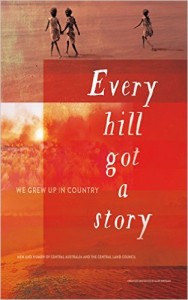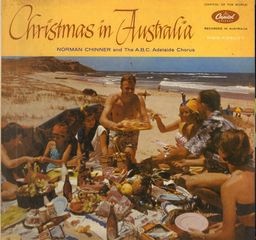Lauren Gawne recaps last week’s Linguistics in the Pub in London (LIPIL), a monthly informal gathering of linguists to discuss topical areas in our field.
Our first LIPIL was well attended, with participants from the African Multilingualism conference and ELDP training joining London locals. In keeping with the theme of the conference, we discussed language documentation in multilingual contexts. The conversation involved a number of researchers who focus on documenting language use in multilingual communities. Members of the Crossroads project at SOAS and Pierpaolo Di Carlo from SUNY Buffalo shared their experiences in an African context, and Ruth Singer from Melbourne University shared her experience in Australia.
Many of those present at LIPIL who now work with multilingualism started out documenting a particular variety of a language of the area, often the ‘ancestral code’. The move to thinking about multiple languages often came about in an attempt to better capture the daily communicative realities of individuals. This is a major research transition if the attempt is to be done well.
 Follow
Follow
